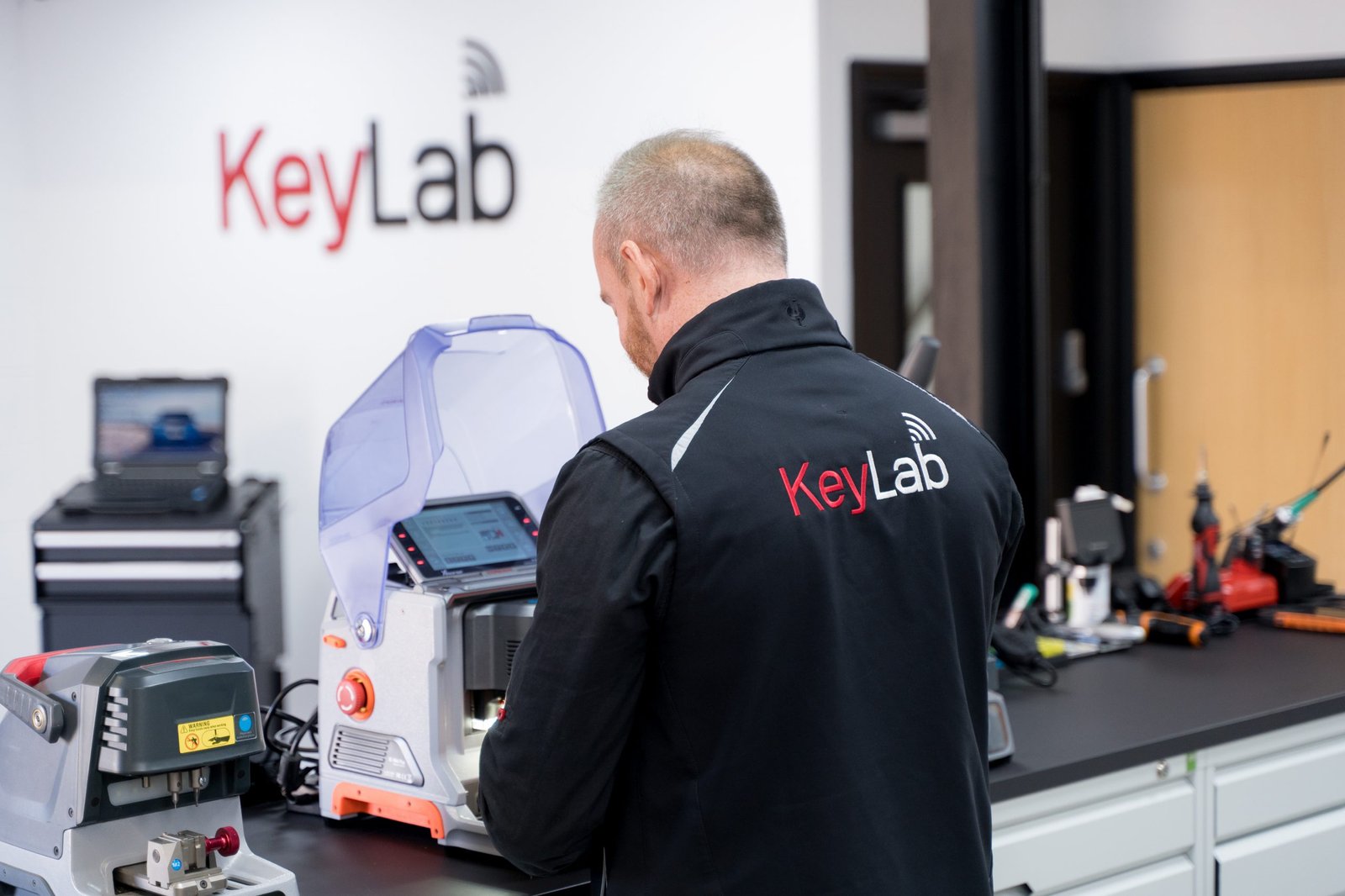Key Replacement for Cars: A Comprehensive Guide
In the modern-day automobile world, a working key is crucial for vehicle security and ease of access. Key replacement for cars can range from basic to complicated treatments, depending on the vehicle make, model, and kind of key involved. In this post, we look into the different types of car keys, the processes included in key replacement, associated expenses, and frequently asked concerns to help you navigate this essential aspect of car ownership.
Kinds Of Car Keys
Comprehending the type of key your car uses is the primary step towards effective replacement. Below are the main classifications:
1. Standard Car Keys
These are basic metal keys generally used in older lorries. They do not have any electronic components and can be easily cut by a locksmith professional.
2. Transponder Keys
Transponder keys contain a chip programmed to the vehicle. If the key is not recognized, the car will not start. Changing transponder keys typically needs programs to match the new key with the engine control system (ECU).
3. Remote Key Fobs
Remote key fobs enable users to unlock and begin their cars without inserting the key. They frequently consist of a transponder chip. Changing a remote key fob generally requires obtaining a brand-new fob and shows it to the vehicle.
4. Smart Keys
Smart keys utilize sophisticated technology for keyless entry and ignition. thekeylab do not require physical insertion into the ignition. Replacement typically includes obtaining a suitable wise key and connecting it to the car's system.
The Key Replacement Process
While the specific steps in key replacement might differ based upon the key type, the basic procedure can be outlined as follows:
Step 1: Identification
Recognizing the type of car key is important. Vehicle owners should examine their owner's handbook or speak with a qualified locksmith professional or dealer to validate the key type.
Step 2: Contacting Professionals
Based on the identification, vehicle owners need to connect to either a locksmith professional specializing in automobile services or the vehicle manufacturer. In cases of innovative keys (transponder, remote, or clever), connecting to specialists is suggested due to the intricacy included.
Step 3: Verification
Before the replacement can proceed, the specialist will likely need evidence of ownership. This frequently consists of the vehicle's registration and recognition.
Step 4: Cutting and Programming
As soon as ownership is validated, the expert will cut and, if required, program the brand-new key to ensure compatibility with the vehicle's system.
Step 5: Testing
The last action involves evaluating the newly replaced key to validate that it runs properly.
Cost Considerations
The expenses related to car key replacement can vary substantially based upon numerous elements, including the kind of key, design of the vehicle, and whether the work is performed by a locksmith professional or a dealership. Here's a relative breakdown of approximate expenses:
| Type of Key | Estimated Cost Range | Remarks |
|---|---|---|
| Conventional Car Key | ₤ 5 - ₤ 20 | Least expensive, can typically be cut by any locksmith. |
| Transponder Key | ₤ 50 - ₤ 200 | Needs programs; may differ by vehicle brand name. |
| Remote Key Fob | ₤ 100 - ₤ 300 | Can be costly due to the electronic elements; shows needed. |
| Smart Key | ₤ 200 - ₤ 500 | Most expensive and complex; need to be sourced through dealerships. |
Frequently Asked Questions (FAQs)
Q1: How long does it require to replace a car key?
The time to replace a car key can differ based upon the type of key. Traditional keys may take just a few minutes, while wise keys might take longer due to shows requirements.
Q2: Can I replace a key myself?
While some standard keys can be easily changed through DIY methods, contemporary keys (transponder, remote, wise) often need specific equipment and programming, making expert assistance a good idea.
Q3: Is it possible to get a car key without the initial?
Yes, it is possible to get a replacement key without the original, but it might require extra verification steps, such as supplying the vehicle identification number (VIN) and proof of ownership.
Q4: Does car insurance cover key replacement?
Replacement coverage depends upon the insurance plan. Some policies may cover lost or stolen keys, however it's vital to inspect the specific policy details and contact the insurance provider.
Q5: What should I do if I lose all keys to my car?
If all keys are lost, vehicle owners must seek advice from a locksmith professional or the car dealership. Depending upon the car's requirements, it may be necessary to reprogram or replace the ignition system in addition to the keys.
Key replacement for cars may appear simple, but a range of aspects can complicate the process. Comprehending the types of keys, the replacement process, and the costs involved can help vehicle owners make notified decisions. In any case, speaking with an expert locksmith or a dealer is typically the best route to ensure an appropriate replacement, protecting both the vehicle's security and the owner's assurance. By being informed on the replacement process, car owners can save time, effort, and money in the long run.

